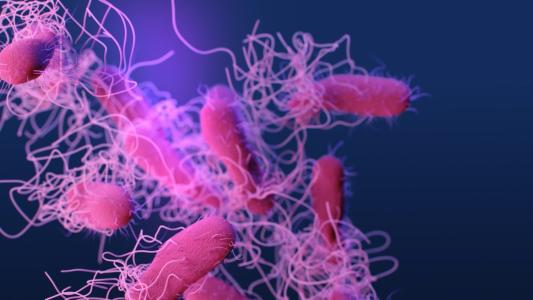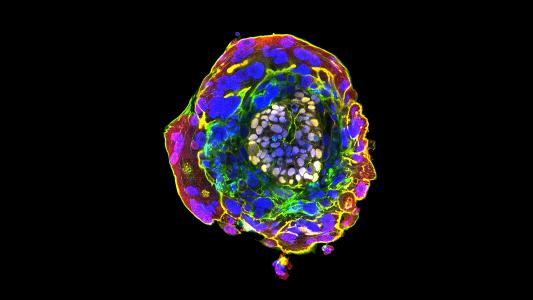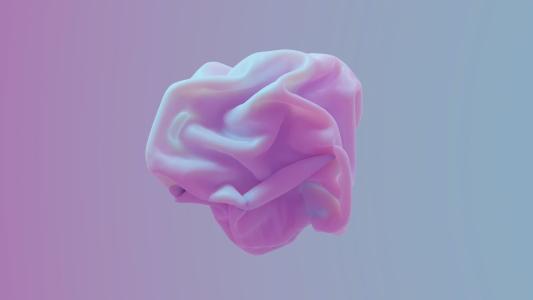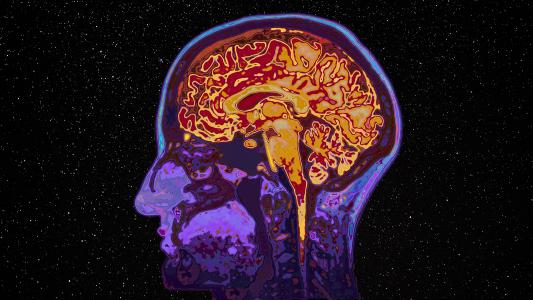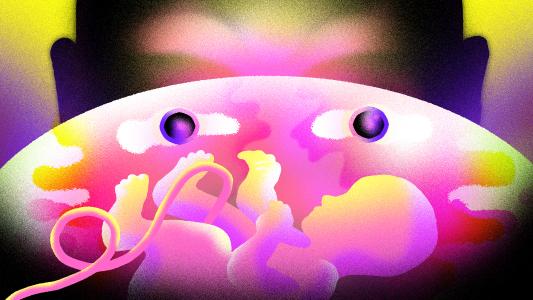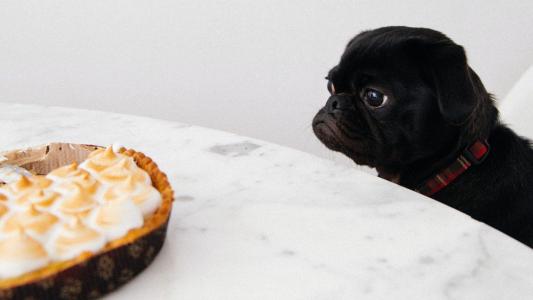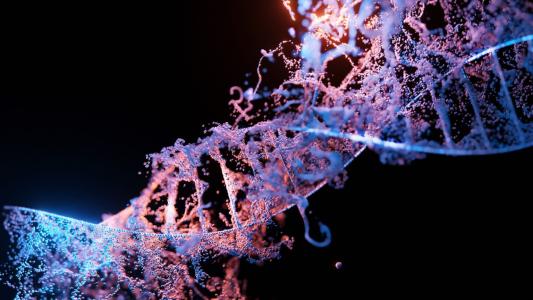Biology
How intestinal viruses could help you live to be 100
People who live past age 100 have a greater diversity of bacteriophages (that is, viruses that infect bacteria) in their intestines.
Model human embryo, created from stem cells, survives past two weeks
A model human embryo capable of developing past day 14 could revolutionize our understanding of human development.
Have we got the brain all wrong? Study shows its shape is more important than its wiring
Neural activity may be more influenced by the shape of the brain – its grooves, contours, and folds – than by its complex interconnections.
Visiting space likely won’t cause permanent brain damage, says NASA study
Spending months in space has a major impact on astronauts’ brains, but three years back on Earth appears to reverse the change.
Scientists are growing animals in artificial wombs. Humans might be next.
Artificial wombs promise to give people a way to have biological children without putting their own health at risk.
The neurons that make us feel hangry
Researchers gave pinpointed a cluster of cells called AgRP neurons near the underside of the brain that may create “hangry” feelings.
Sound waves can trigger torpor-like state in mice and rats
Ultrasound stimulation triggers a torpor-like state in animals, suggesting a noninvasive way to put people into the state.
Gain-of-function research is more than just tweaking risky viruses
Gain-of-function experiments in the lab can help researchers get ahead of viruses naturally gaining the ability to infect people in the wild.
Chronic pain can be objectively measured using brain signals
Even though pain is universal and we know it happens in the brain, we've never before had a way to objectively measure its intensity.
Here’s how growing plants on the Moon could benefit Earth
Making plants grow on the Moon could be instrumental in helping gardens to grow greener on Earth in the face of climate change.
